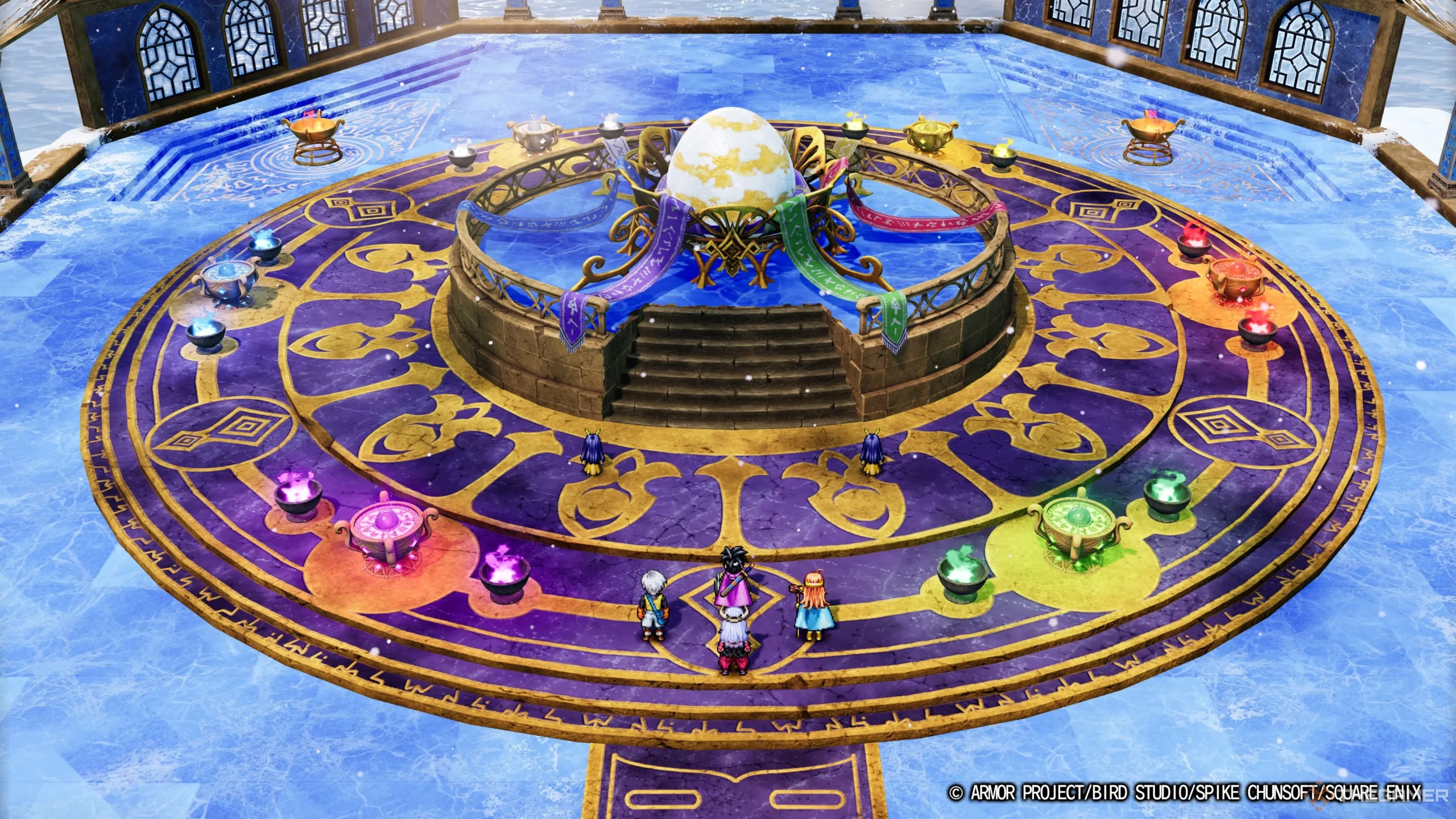In a groundbreaking development, researchers are exploring the fascinating journey of artificial intelligence (AI) agents, which began within the realm of gaming and are now making strides toward integration into everyday life.
Originating as virtual characters designed to enhance gaming experiences, these AI agents have undergone significant advancements, showcasing their potential far beyond entertainment. With applications in various sectors—from customer service to personal assistance—these intelligent entities are increasingly programmed to interact with humans in more intuitive and meaningful ways.
Experts in AI and computer science discuss how the foundational skills developed in gaming environments—such as decision-making, adaptability, and real-time problem-solving—are being transferred to create more effective and responsive AI agents for daily use. The transition is not only reshaping how these agents engage with individuals but also how they can be utilized in tasks ranging from home automation to health monitoring.
As technology continues to evolve, the line between gaming and real-life applications is becoming increasingly blurred, paving the way for AI agents to become integral parts of everyday life. The implications of this shift are vast, raising questions about the future of work, interaction, and the ethical considerations that accompany the rise of intelligent systems in human environments.
The evolution of AI agents from gaming to real-life application signifies a remarkable leap in technology, promising to alter the landscape of human-computer interaction in profound ways. As researchers and developers continue to push the boundaries, the future holds exciting possibilities for the role of AI in our daily routines.











